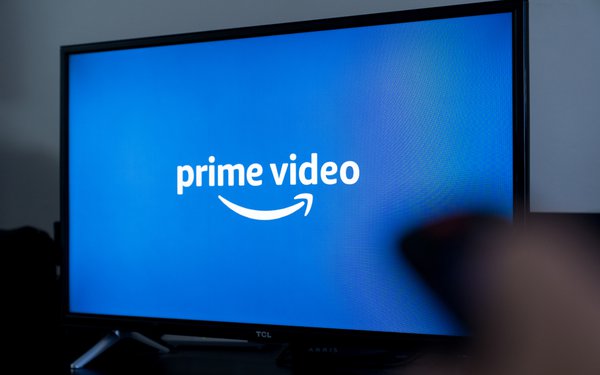
A federal judge has tossed a lawsuit claiming that Amazon
violated Prime Video users' privacy by allegedly sharing information about their online video-viewing with companies affiliated with Amazon.
The ruling, issued late last week by U.S. District
Court Judge James Robart in the Western District of Washington, is with prejudice -- meaning the plaintiffs can't beef up their complaint and bring it again.
Robart essentially ruled that the
allegations in the complaint, even if proven true, wouldn't support a finding that Amazon “affirmatively disclosed” users' personally identifiable information. Instead, he said the
allegations, if true, could only show the “mere possibility” that Amazon disclosed users' information.
The ruling stems from a battle that began in March 2024, when Virginia resident Meredith Beagle and
Louisiana resident Jordan Guerrero alleged in a class-action complaint that Amazon violated the federal Video Privacy Protection Act -- a 1988 measure that prohibits video rental companies from
revealing identifiable information about people's video-viewing history without their consent. Congress passed the law after a Washington, D.C. newspaper obtained Supreme Court nominee Robert Bork's
video rental history from a local store.
advertisement
advertisement
Last September, Robart dismissed an earlier version of the complaint, without prejudice. Several months later, the plaintiffs amended their
complaint and brought it again.
The amended complaint included new references to the Federal Trade Commission's September 2024 report “A Look Behind the Screens: Examining the Data Practices of Social Media and Video Streaming
Services,” which concluded that streaming video providers threaten
privacy by collecting a “staggering” amount of data.
Amazon urged Robart to dismiss the amended complaint for several reasons, including that its allegations, if true, still
wouldn't prove that Amazon shared personally identifiable information about the videos watched by Prime users. The company noted in its written argument that the FTC's September report discussed the
privacy practices of Amazon subsidiary Twitch -- which was not involved in the lawsuit.
Robart sided with Amazon, writing: “Plaintiffs’ new allegations do not move the needle from
a mere possibility that Amazon Services affirmatively disclosed their PII (personally identifiable information) to plausibility.”